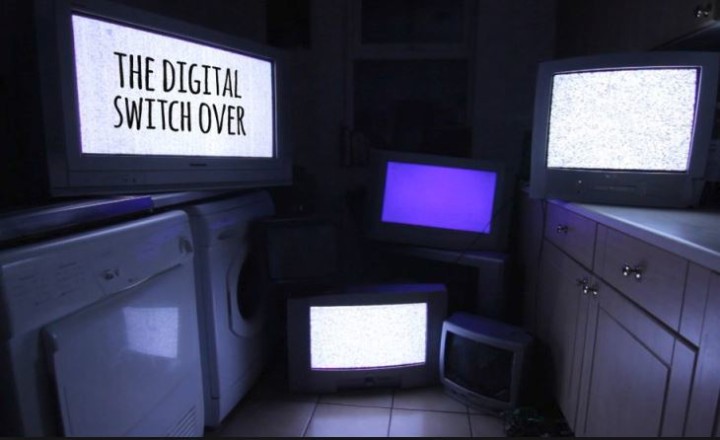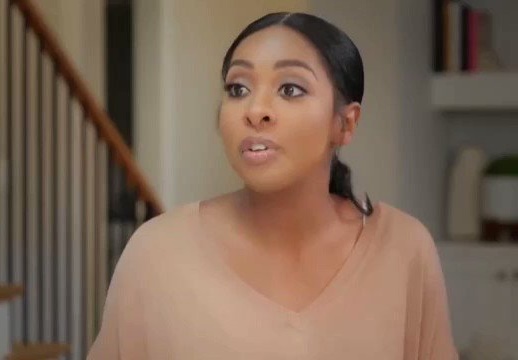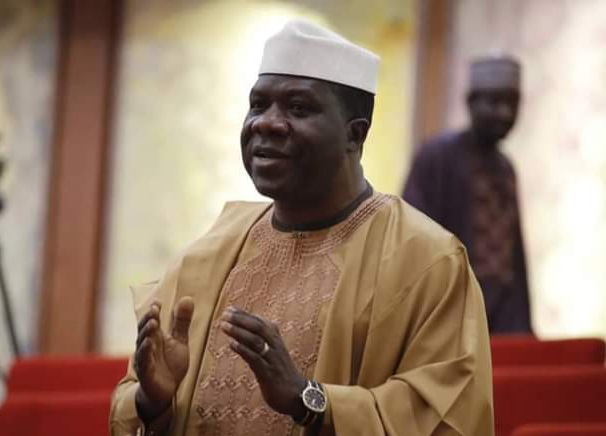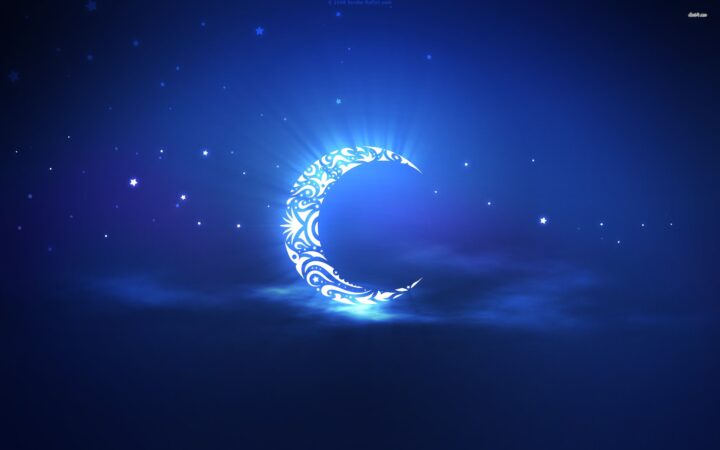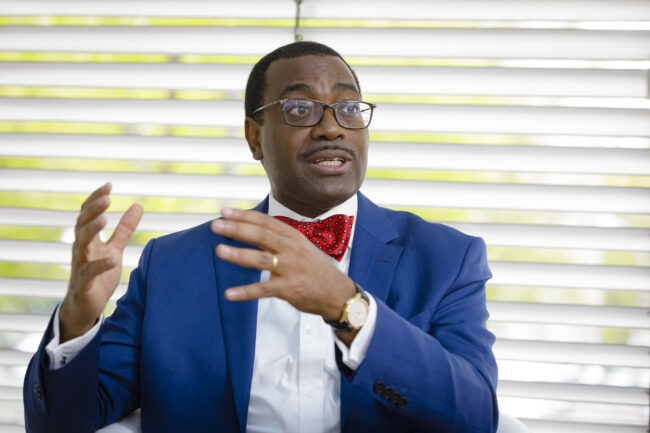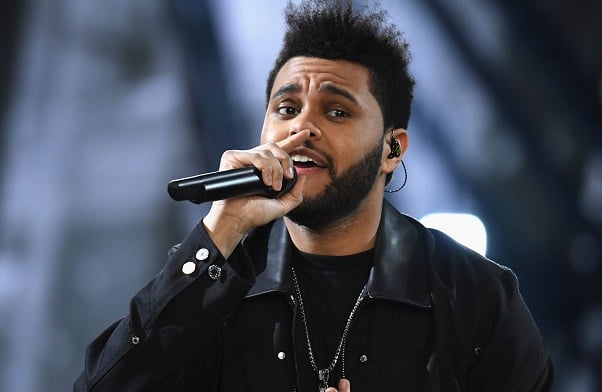Making a dog’s breakfast of Nigeria’s digital switchover
If some miracles don’t happen very soon around the corner, the euphoria over the launch of the second phase of the Digital Switchover (DSO) which began in Lagos penultimate week, could as well be an ephemeral little bubble which doesn’t need the sharp accuracy of a needle to deflate. Pity that some rising joy representing some rare hope in today’s Nigeria will die prematurely. The reason for this apocalyptic conclusion is this writer’s understanding of what is happening in the broadcast sector.
You cannot flagellate the ordinary Nigerian for being so hopeful about opening opportunities to enjoy digital TV signals. After all, he would enjoy the beauty of television, like the big man is used to. However, it is pertinent to observe that the process which started years ago has been long in shaping into something recognizable and meaningful in Nigeria. In fact, the National Broadcasting Commission (NBC) which should be implementing the programme has suffered a leadership crisis with the current head, Prof Armstrong Idachaba, remaining in acting capacity for over a year. It is little surprise that the DSO was stalled for about three years, within which period the nation actually regressed in the progress it made in the transition.
With all the pronouncements, proclamations, and promises by the government on the DSO, the first real sign of progress came the other day, February 10, 2021, when the Federal Executive Council (FEC) approved the sum of N9.4bn for the NBC to reignite the process which stagnated painfully. This was the outward manifestation of subterranean activities by the regulator to properly document the process to release it from a wooliness that ensnared it over a period of time. Such efforts attracted the Bureau of Public Procurement (BPP) to give legitimacy to the DSO transactions.
The optimism coming from the government is rising by the minute. DSO will provide over a million jobs, give jobs to our actors and actresses, musicians, directors, producers, and, in fact, every talent involved in the production of every genre of entertainment, will be accommodated profitably in the unfolding process that seems to carry magic in its wings.
Advertisement
The story looks refreshing and pompously optimistic, except that all that glitter may really not be gold, especially in our part of the world where we know how to apply dross to every little item of quality. Even with all the razzle-dazzle in the Lagos launch, some gaping challenges were observed by this writer. Did the launch have the buy-in of the Lagos State government? If it did, its involvement was negligible. The Governor was represented by a Permanent Secretary, not even the Deputy in such a big event. Perhaps, he was too busy to attend a programme that may have telling effects on the life of the people who voted for him. Oh, just ordinary TV?
The DSO is no ordinary TV. It brings TV of the highest picture and sound quality with lots of opportunities. When the US-flagged off their process in 2007, the government through the Department of Commerce provided two coupons of $40 each for each household. The process documented in the National Telecommunications and Information Administration plan didn’t want to exclude any of the estimated 73 million TV sets in America, quite a number of which were already connected to Cable or TV satellite services. Germany didn’t even trouble their citizens as the country had enough robust technology and signal coverage to transit seamlessly. Governments all over the world attach a lot of importance to the DSO.
The Nigerian story must always proceed with some degree of absurdity or outright incredulity. The government didn’t seem to prepare for any major role, ab initio. For the DSO to happen the NBC had to license, register, or sought the services of some organizations which include: signal carriers, set-top box manufacturers, satellite space providers, and middleware providers, among others. Over time, NBC got on the debtor list of these organizations. Heavily. The financial approval by the government intended to rescue the regulator from this shame is trapped in transit without explanations but with those who should know only hoping that, at some point, money will come. Not even SES, the satellite space provider has been paid anything. This writer is reliably informed that some of these service providers are threatening not to continue with the rollout except something drops on their tables.
Advertisement
The Lagos launch communicates how complicated and challenging the implementation of the DSO can be, especially with the dearth of infrastructure across the nation. For instance, while there are 5m TV homes in Lagos, according to NBC statistics, only about 400,000 set-top boxes (and some sources say they were less) could get into Lagos at launch, brought in by only one manufacturer out of the thirteen that were licensed. It is also public knowledge that only two of the licensees actually have the capacity to manufacture set-top boxes at the moment, thus putting a question mark on the job creation optimism of the Minister of Information and Culture, Alhaji Lai Mohammed.
From all indications, the Lagos launch was done in needless imperativeness. The Lagos market is designed to be served by the two signal carriers, ITS and Pinnacle. Only ITS is functioning currently, providing 30 TV channels while Pinnacle is expected to come on stream in June. The signal carriers are expected to achieve at least 80 per cent coverage of the market for the second important phase of the DSO, which is Analogue Switch off to take place. In all the seven states where the digital switchover has taken place, market coverage has hardly been achieved, Analogue Switch off has not taken place and dual illumination (co-existence of digital and analogue signals) continues, thus increasing the cost of the switchover.
A little information for Nollywood and all content makers for TV. In the DSO value chain, there is something called the Digital Access Fund (DAF) that is charged on every set-top box that is activated. The amount is N1, 500 and is paid annually; this can build up into a big till. This money is supposed to be collected by NBC who with other stakeholders has to decide on how to channel the money to content makers and other genres of the creative industry. My little challenge for Nollywood is to track this fund.
My final take is that concerned stakeholders should line up behind the NBC to enable it to cobble together all the relationships in the DSO value chain, including the amorphous one between ITS and Star Times, so that the process does not fall into hibernation ever again. Let’s leave no room for current enthusiasm from the Ministry and NBC to wane into despondency.
Advertisement
Okoh Aihe writes from Abuja

